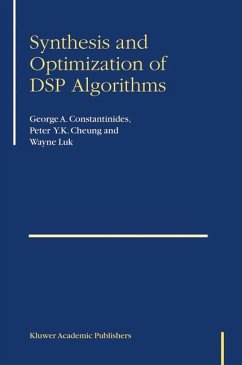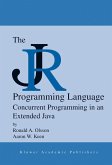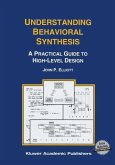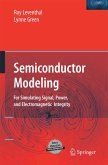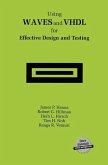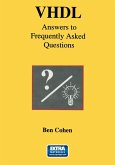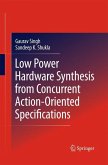Synthesis and Optimization of DSP Algorithms describes approaches taken to synthesising structural hardware descriptions of digital circuits from high-level descriptions of Digital Signal Processing (DSP) algorithms. The book contains:
-A tutorial on the subjects of digital design and architectural synthesis, intended for DSP engineers,
-A tutorial on the subject of DSP, intended for digital designers,
-A discussion of techniques for estimating the peak values likely to occur in a DSP system, thus enabling an appropriate signal scaling. Analytic techniques, simulation techniques, and hybrids are discussed. The applicability of different analytic approaches to different types of DSP design is covered,
-The development of techniques to optimise the precision requirements of a DSP algorithm, aiming for efficient implementation in a custom parallel processor. The idea is to trade-off numerical accuracy for area or power-consumption advantages. Again, both analytic and simulation techniques for estimating numerical accuracy are described and contrasted. Optimum and heuristic approaches to precision optimisation are discussed,
-A discussion of the importance of the scheduling, allocation, and binding problems, and development of techniques to automate these processes with reference to a precision-optimized algorithm,
-Future perspectives for synthesis and optimization of DSP algorithms.
-A tutorial on the subjects of digital design and architectural synthesis, intended for DSP engineers,
-A tutorial on the subject of DSP, intended for digital designers,
-A discussion of techniques for estimating the peak values likely to occur in a DSP system, thus enabling an appropriate signal scaling. Analytic techniques, simulation techniques, and hybrids are discussed. The applicability of different analytic approaches to different types of DSP design is covered,
-The development of techniques to optimise the precision requirements of a DSP algorithm, aiming for efficient implementation in a custom parallel processor. The idea is to trade-off numerical accuracy for area or power-consumption advantages. Again, both analytic and simulation techniques for estimating numerical accuracy are described and contrasted. Optimum and heuristic approaches to precision optimisation are discussed,
-A discussion of the importance of the scheduling, allocation, and binding problems, and development of techniques to automate these processes with reference to a precision-optimized algorithm,
-Future perspectives for synthesis and optimization of DSP algorithms.

